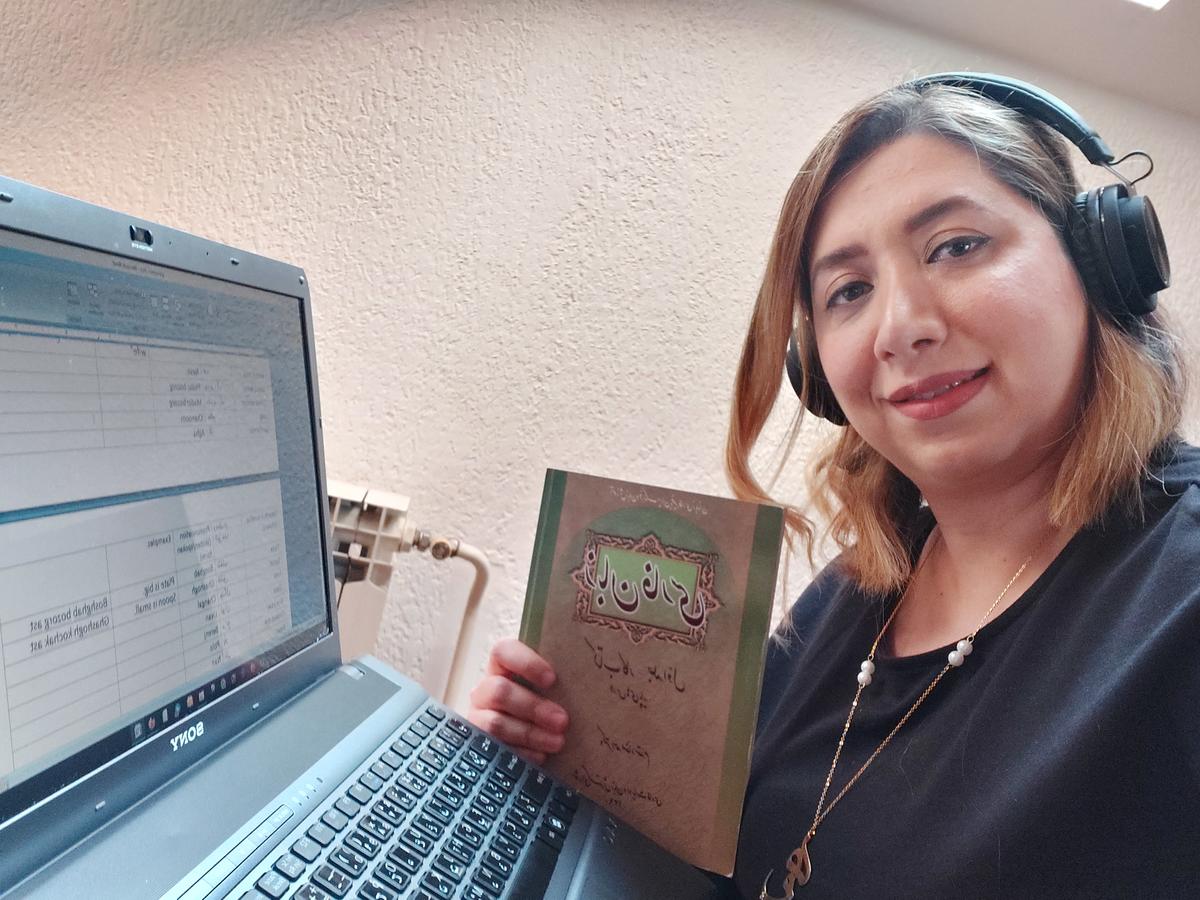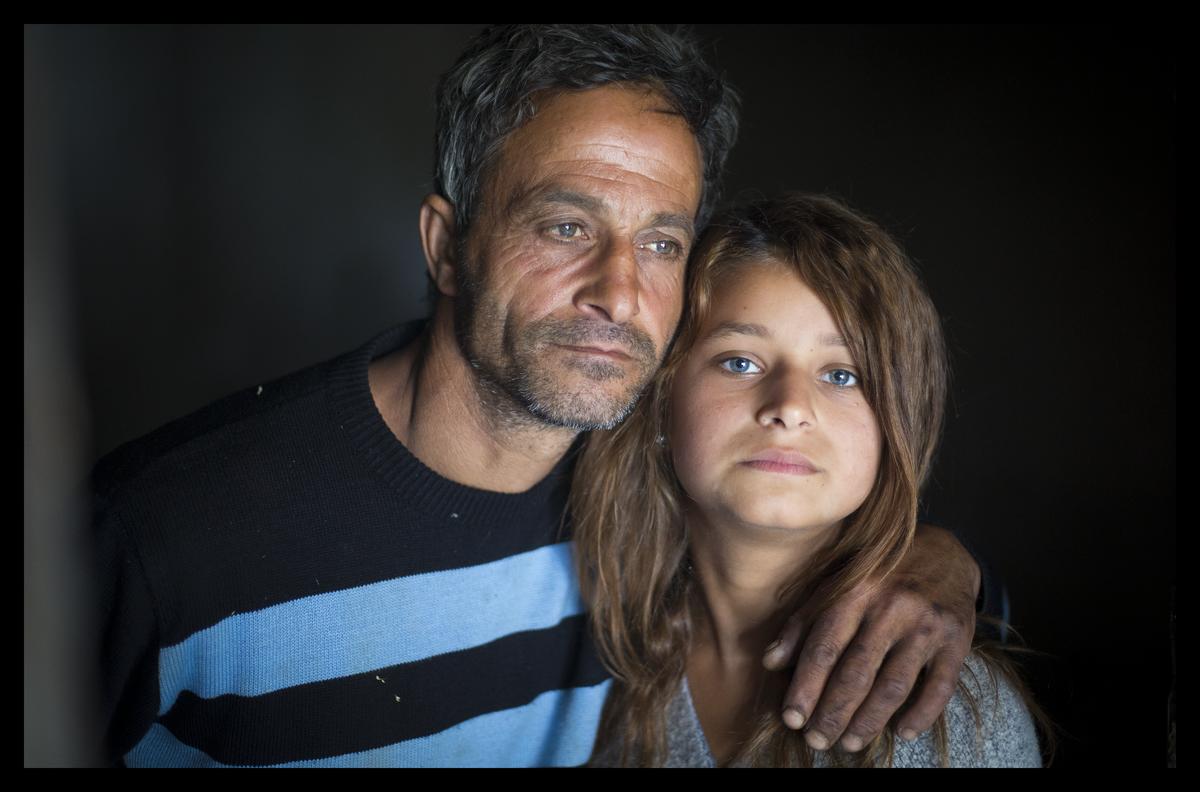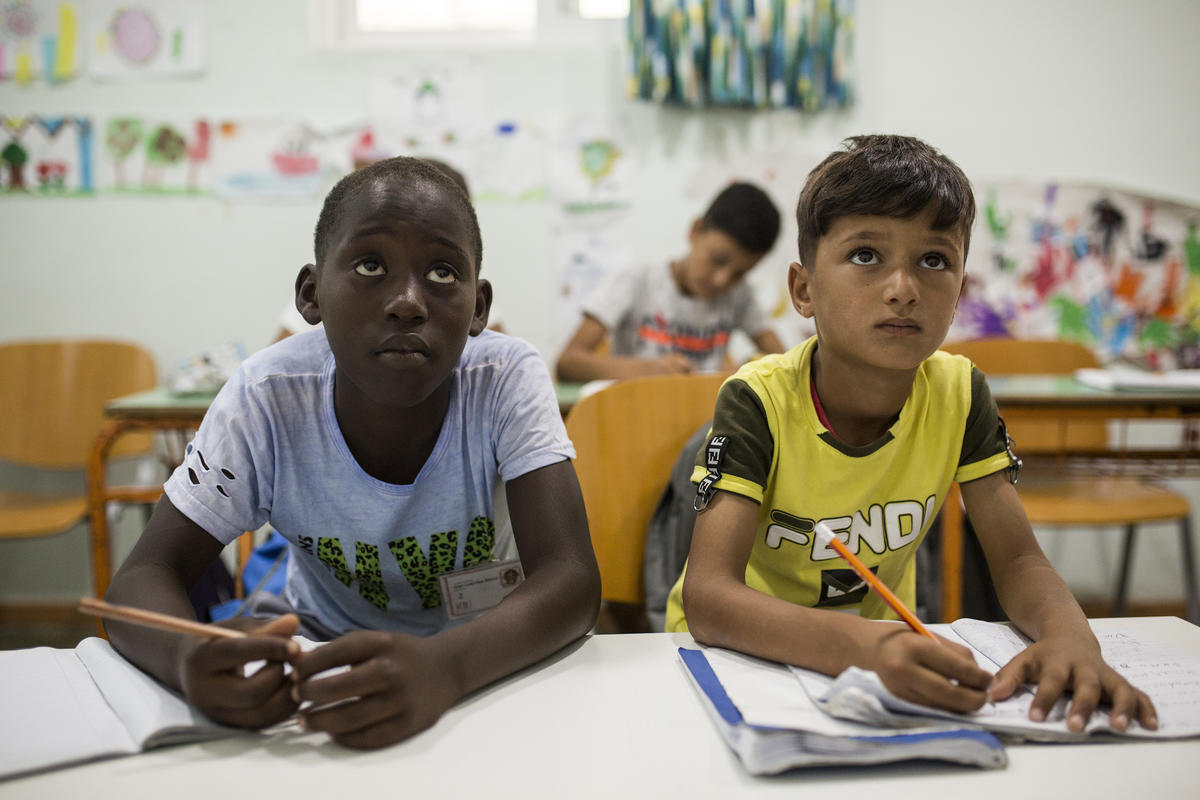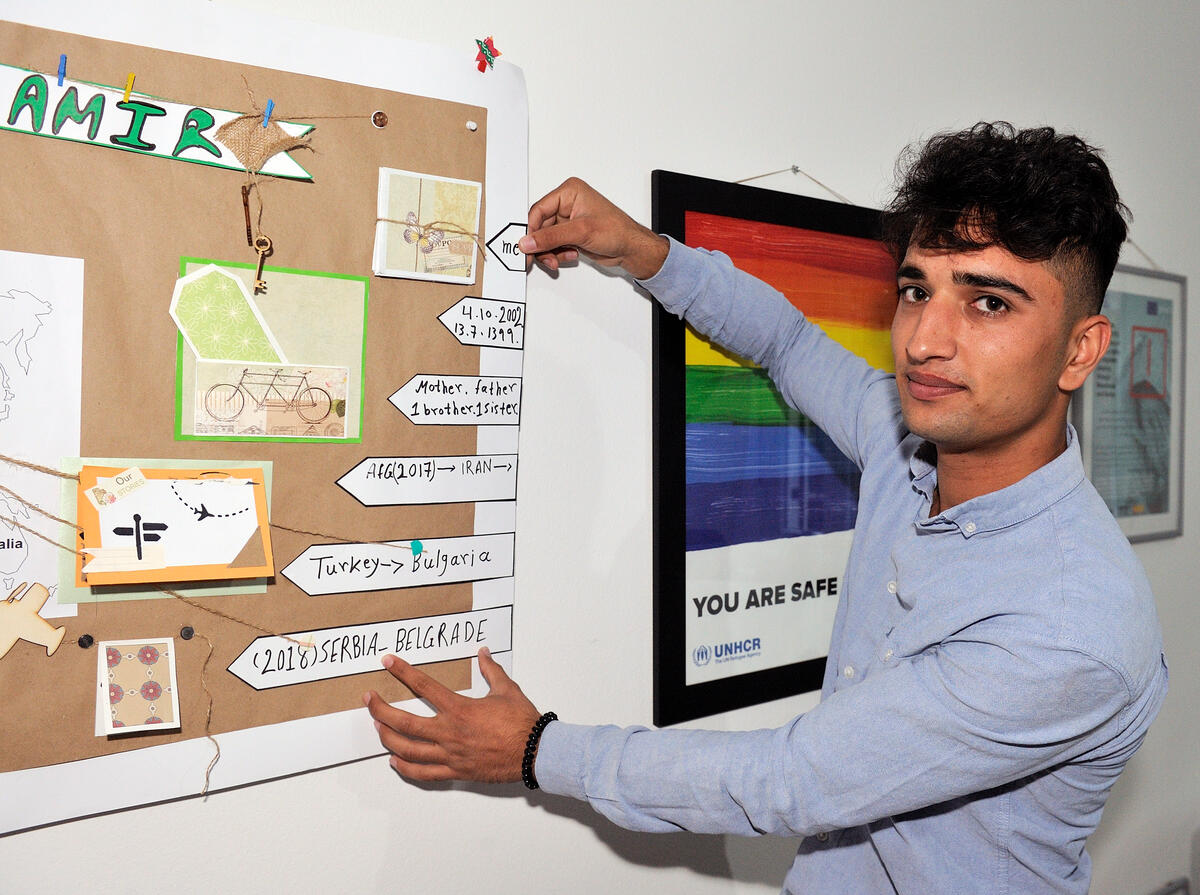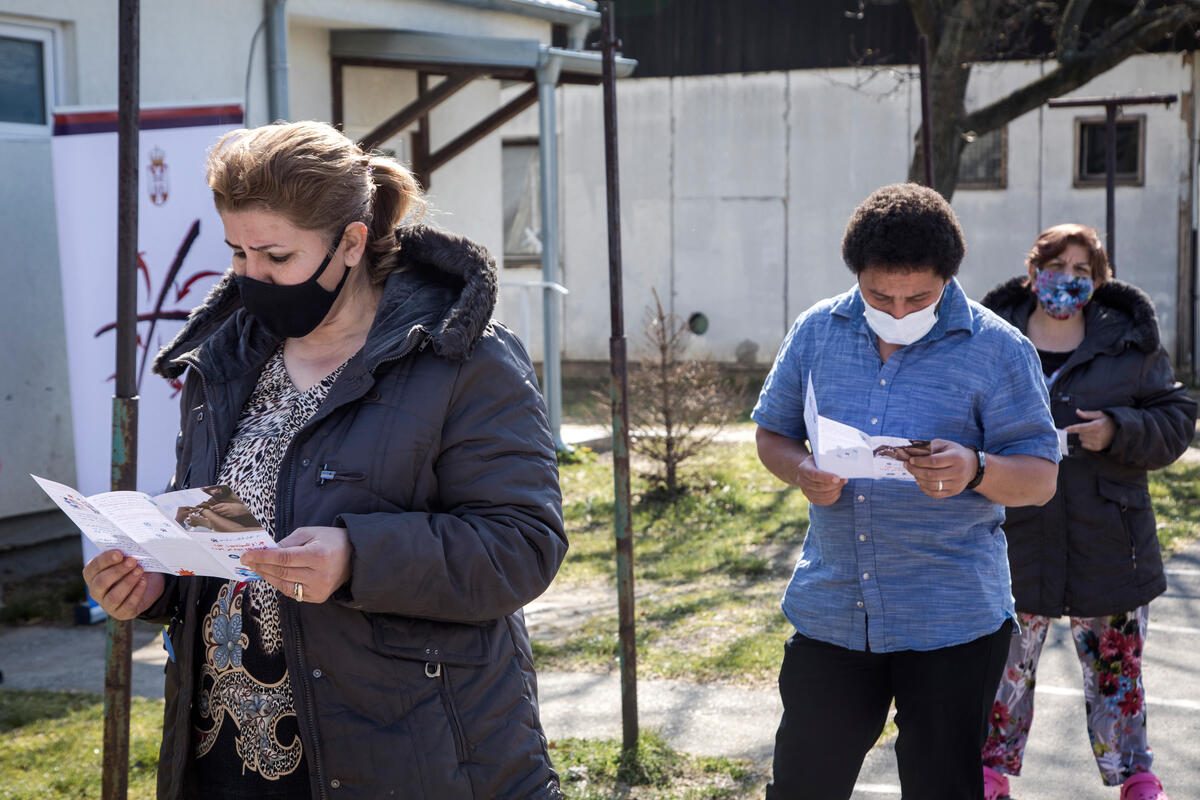Kosovo Crisis Update
Kosovo Crisis Update
Albania
Only 15 refugees from Kosovo crossed the border into Albania at Morini on Tuesday.
Meanwhile, UNHCR and the Albanian government are now moving up to 10,000 persons daily out of the Kukes area by road. On Wednesday, weather permitting, a helicopter airlift of vulnerable refugees from Kukes to Tirana is due to start. While the numbers moved by helicopter will not be large, this will permit the transfer of elderly and ill people who would not be able to make the road journey. 200 vulnerable refugees and their families have been identified by UNHCR for the first flights.
FYR of Macedonia
A train from Urosevac arrived at the Blace border crossing on Tuesday morning. Of the 350 to 450 persons reported to be on the train, only 150 refugees with valid travel documents were allowed to enter the FYR of Macedonia. Those remaining reportedly returned with the train to Urosevac.
Late Tuesday, 20 April, the government in Skopje gave UNHCR the green light to transfer some 3,000 refugees, stopped for two days in no man's land at the Lojane border crossing. 800 were taken to the new transit facility at Blace with the balance going to Stankovac 1 and 2. Due to the late hour, many refugees had to spend the night in buses. Work on camp expansion is continuing today. UNHCR is still waiting for clarification on the extent of expansions agreed by authorities.
UNHCR has not been allowed to deliver additional supplies to the remote mountain village of Male Malina, however. An estimated 6,000 refugees arrived there over the weekend and on Monday, but are not formally considered as admitted to the country by the Skopje authorities. The refugees at Male Malina are from Rimnik and Curka, two villages in the Gnjilane area. They told UNHCR that their villages were completely emptied and set on fire.
The road to Male Malina is in very poor condition and poses serious logistical constraints for the delivery of relief supplies and possible transportation of the refugees. Three UNHCR trucks carrying food and blankets were allowed into the area and reached the village on Sunday. Since then, no food aid has been delivered while several thousand more refugees were said to be on their way from Kosovo.
UNHCR staff who were turned back from Male Malina late Tuesday said that it had been snowing for eight hours and they fear that the situation in the village will become desperate if immediate access is not granted.
Republic of Montenegro
Some clarification has now been obtained of the incident which took place on 19 April in the village of Kaludjerski Laz, in Rozaje municipality. According to available information, army reservists, who were reportedly drunk, went on a rampage and killed 6 persons, including both locals and displaced Kosovars. Alarm has spread throughout Rozaje and many Kosovars, as well as some locals, have been leaving the area. There have been reports that local Muslims left Rozaje on four buses headed for Sarajevo. UNHCR staff also saw 30 buses leaving Rozaje and 10 buses leaving Ulcinj headed for the Albanian border crossing at Bozaj.
Meanwhile at the Montenegro-Croatia border crossing at Debeli Brijeg, the Yugoslav army has reportedly ordered the Montenegro border police to vacate their posts. As of Wednesday morning, Montenegrin police were still present at the border, and a Yugoslav army checkpoint had been set up 5 km down the road, into Montenegro. Yugoslav visas were being demanded of travellers.
UNHCR-IOM Humanitarian Evacuation Programme
On Tuesday 20 April, 592 refugees were flown out of Skopje to Austria, Belgium, Poland and Turkey. Three flights are scheduled for today bound for Belgium, Poland and Turkey.
At a meeting held on Tuesday in Geneva with donor and refugee receiving countries to discuss the Humanitarian Evacuation Programme, UNHCR requested all European states to activate their quotas for receiving Kosovar refugees. European states, which had not done so as yet, were encouraged to inform UNHCR of the numbers of refugees they were willing to receive, how they intend to transport them to their countries, and what timeframe was being considered for their reception. Movements to destinations outside of Europe are still being kept on hold. UNHCR emphasized that it is necessary to keep evacuation procedures simple and expeditious, as time is of the essence.


